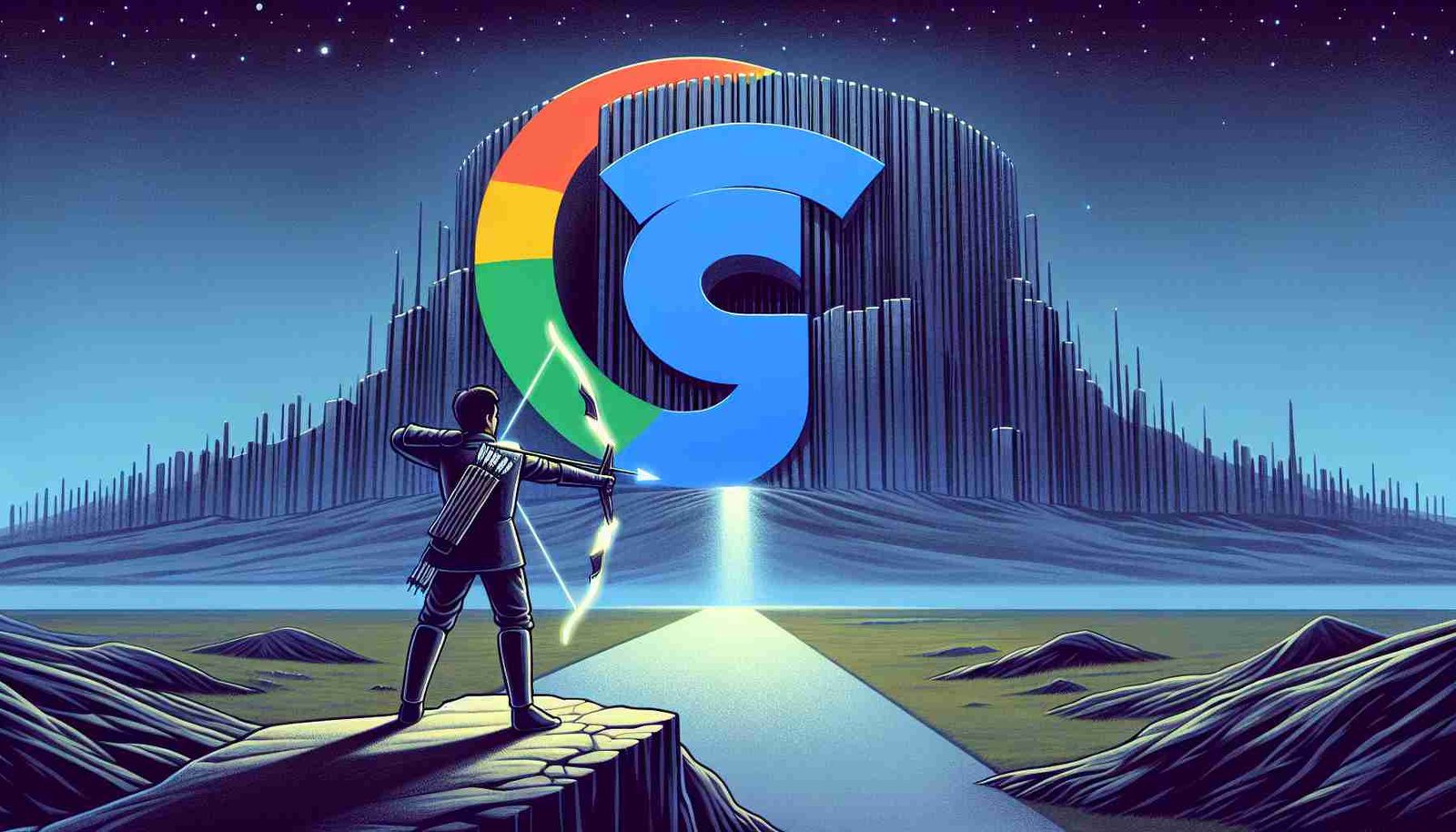In a move that could redefine the landscape of internet search engines, OpenAI, the creator behind the revolutionary ChatGPT, is reportedly enhancing its offerings with features that could position it as a formidable competitor to Google. This initiative is part of a broader push to integrate advanced artificial intelligence into the realm of digital search, leveraging OpenAI’s groundbreaking technologies to offer users a more dynamic and intuitive search experience.
Key Highlights:
- OpenAI has officially rolled out the Browse with Bing feature for ChatGPT, allowing Plus and Enterprise subscribers to conduct web searches directly through the chatbot interface.
- The introduction of Browse with Bing and DALL-E 3 integration into ChatGPT represents a significant expansion of OpenAI’s capabilities, moving beyond text-based interactions to include web browsing and image generation.
- Significant improvements to OpenAI’s developer tools are expected to lower the cost and increase the efficiency of building AI-powered applications, potentially reducing application-making costs by up to 20 times.
- The integration of OpenAI technology into Microsoft’s Bing has already shown a positive impact on Bing’s usage, with a notable increase in page visits and a decrease in Google’s market share in the same period.
OpenAI has formally introduced its internet browsing capability to ChatGPT, marking a significant milestone in its journey towards creating a comprehensive, real-time, multimedia generative search engine. This development comes after the integration of Browse with Bing, which had initially faced challenges but was re-introduced with improvements addressing content owner directives. This feature is now available to all Plus and Enterprise subscribers, significantly broadening the scope of ChatGPT’s functionalities.
Moreover, at OpenAI’s inaugural DevDay event, the company is set to unveil substantial enhancements aimed at making it more economical and efficient for developers to create AI-based software applications. These updates are anticipated to drastically lower the costs associated with developing applications by leveraging OpenAI’s AI models, potentially revolutionizing how businesses deploy AI technology.
The collaboration between OpenAI and Microsoft has already begun to show its potential impact on the search engine market. The integration of OpenAI’s technology into Microsoft’s Bing search engine has resulted in increased page visits for Bing and a slight decline for Google, indicating a shift in user preferences towards AI-enhanced search experiences. This marks a significant moment in the competitive landscape of search engines, underscoring the growing importance of generative AI in shaping the future of internet search.
The convergence of AI and search engine technology signifies a paradigm shift in how information is accessed and processed online. OpenAI’s foray into this space not only challenges the status quo but also offers a glimpse into the future where AI plays a central role in enhancing and personalizing the search experience for users. With OpenAI’s continuous advancements and strategic partnerships, the search engine market may be on the brink of a transformation that could redefine user expectations and engagement with digital content.
This initiative by OpenAI to integrate sophisticated AI capabilities into the realm of search engines could herald a new era in digital search, offering users more efficient, accurate, and intuitive search experiences. As these technologies continue to evolve and become more deeply integrated into everyday digital tools, the landscape of internet search may be poised for a significant transformation, with OpenAI at the forefront of this exciting frontier.






























